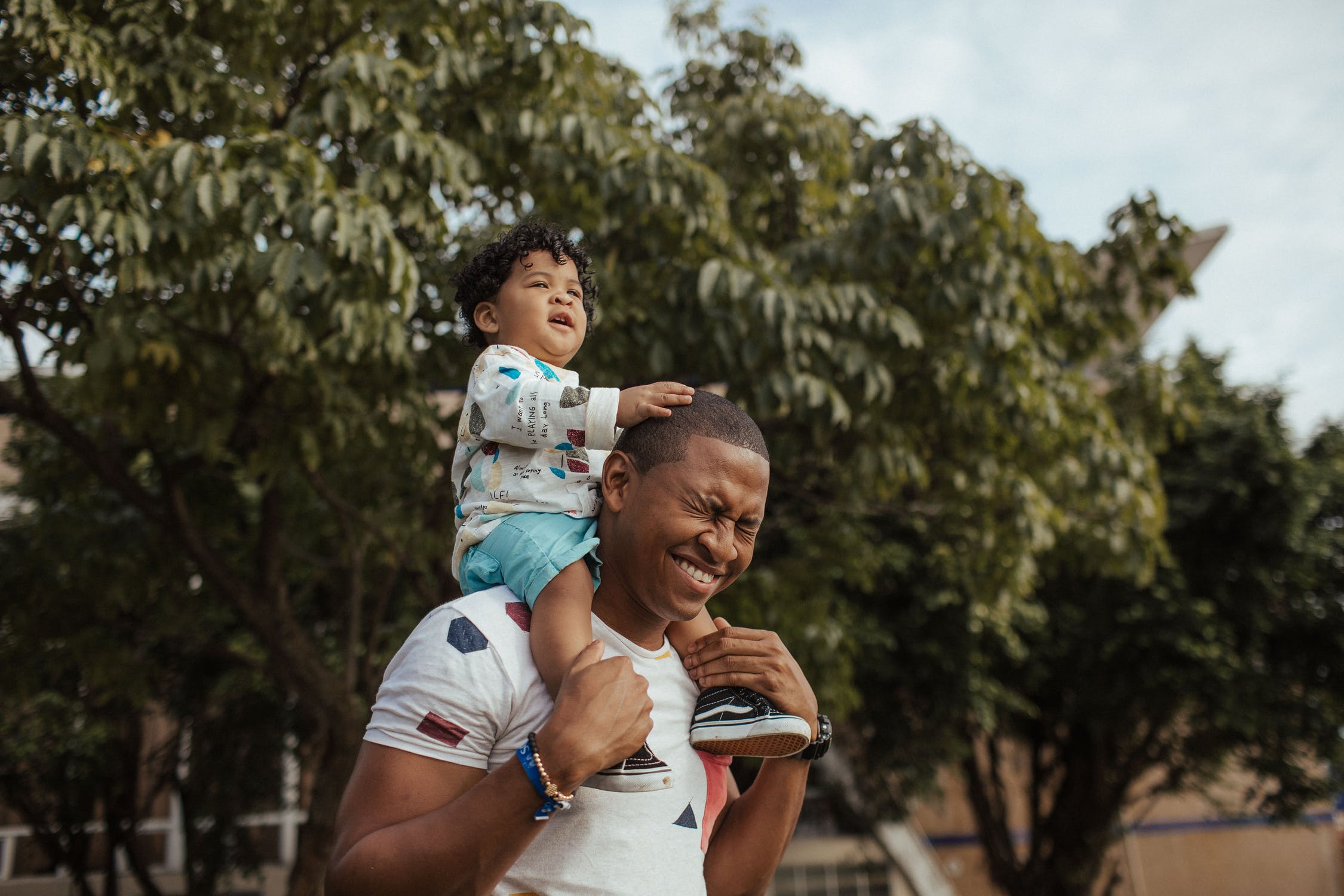
Fitness Tips for Father’s Day Amid COVID-19
As families come together for Father’s Day – either in person or virtually – it is an opportunity to recognize men and the important role they play in our nation’s well-being. This annual observance brings added significance this year given the health challenges men may face in general and specifically to COVID-19. For instance, research shows men are more likely than women to experience worse outcomes due to COVID-19, including double the risk of death.
Independent of COVID-19, men also have a lower life expectancy (76 years for men vs. 81 years for women); a lower likelihood of visits to the doctor (76% of men had seen a doctor in the last year vs. 92% of women); and a higher risk of being overweight or obese (nearly 71% for men vs. 59% for women).
With that in mind, here are tips for men and families in Orange County to consider as we celebrate fathers, grandfathers and great grandfathers:
Be a Masked Man: While initial COVID-19 guidelines may have suggested otherwise, federal and international health authorities now recommend the use of masks when people are outside the home and unable to maintain at least six feet of distance from others. In fact, a recent study found widespread mask wearing can reduce the spread of COVID-19 by as much as 80%. Even so, the adoption of masks remains mixed, especially among men: Just 56% of men said they had worn a mask outside the home, compared to 67% of women. Tightly fitting home-made masks, including ones of cotton or silk, may provide protection for yourself and others.
Prevention is Important: Men are three-times more likely than women to go a year without visiting the doctor, and nearly twice as likely to be without a regular go-to physician in times of sickness. This behavior may be reinforced by COVID-19, which has prompted some people to skip medical care, including wellness visits or chronic care management. Urgent health issues, including persistent chest pains, head injuries or signs of stroke such as sudden numbness in the face arm or leg, should not be ignored. To help encourage health, now is the time to schedule an annual wellness visit with your primary care physician, providing an opportunity to detect potential health issues early. If in-person appointments may be a concern due to potential exposure to COVID-19, telehealth resources are now enabling more people to connect with a health care professional, including for urgent medical care and on-going disease management.
Reduce Risky Behavior: Research suggests that men may take more risks than women, with this type of perilous behavior potentially manifesting itself in some unfortunate consequences. For example, men are more likely to be addicted to alcohol and tobacco than women; men are twice as likely as women to binge drink; and men use illicit drugs at more than double the rate of women. What’s more, some men may be prone to push themselves physically, such as attempting a marathon, triathlon or an extreme sport. It’s a good idea to check with your physician before you engage in any extreme sport and start a slow and steady training routine.
Remember Behavioral Health: The pandemic – and associated economic challenges – may be triggering more stress and anxiety. Unfortunately, research shows that men are less likely than women to seek help, particularly for depression and other behavioral health issues. One potential barrier may be that some men might be embarrassed to ask for this type of assistance. To help with that, men may consider a virtual visit with a mental health provider via a mobile device or computer, a service that may already be available as part of their health care benefits. Virtual visits may shorten wait times for an appointment, fit schedules, and eliminate travel time and expense. And, research shows that outcomes of a virtual visit with a mental health provider may be similar to in-person sessions for multiple behavioral health issues.
Considering these tips may benefit men – and their families – this Father’s Day and in the future. And by better understanding men’s specific health challenges, especially in connection to COVID-19, we can help men in Orange County live healthier lives.
Author: Dr. Anne Docimo, Chief Medical Officer, UnitedHealthcare
